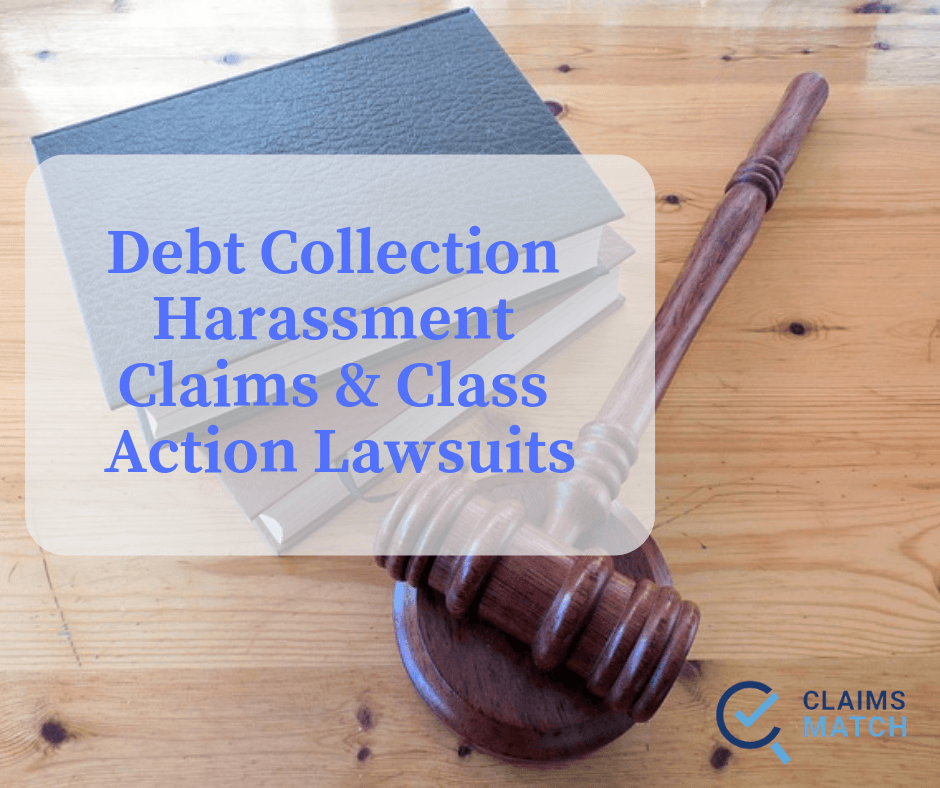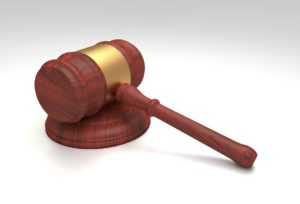Financial hardships happen; and if high unemployment or recession should ever hit our economy (as it has because of Covid-19), most Americans may find themselves behind in paying their home mortgages, utility bills, credit card debt or student loans.
It’s during these moments one should expect phone calls from third-party debt collectors, which is a perfectly legal practice; however, the courts and government agencies like the US Consumer Financial Protection Bureau (CFPB) will not tolerate debt collector harassment, defined as unethical and abusive practices by creditors to collect money from debtors.
Illegal debt collection often causes unwarranted insolvency, marriage dissolution, unemployment, and intrusions on privacy; and while most debt collectors obey the law when trying to collect money, a few engage in illegal bullying and consumer maltreatment.
Debt harassment attorneys at our associated law firms are experts in handling aggressive debt collectors and can help individuals take action to stop the harassment.
Debt Collection Harassment Defined
Federal and state statutes address debt collection rules and explain when such practice becomes illegal. Generally speaking, third-party collection agencies cannot make repetitious communications to debtors with intent to aggravate, annoy, upset, intimidate or offend them.
Typical patterns of harassing debt collection practices include:
- Using profane or indecent language during debt collection calls.
- Making public private debt information to others (unless reporting information to credit agencies).
- Interacting with debtors without first establishing the purpose of the call.
- Making repetitious communications via telephone, internet or text message that agitates or stalks people owing debts.
- Threatening violent or physical harm to a person if they refuse to pay a debt.
- Adding illegal fees, interest and collection charges to debt balances.
- Collecting on debts previously written off for tax purposes.

The Fair Debt Collection Practices Act Protects Consumers
Congress wrote the Fair Debt Collection Practices Act (FDCPA) in 1978 with resolve to protect consumers from debt collector harassment. https://www.ftc.gov/enforcement/rules/rulemaking-regulatory-reform-proceedings/fair-debt-collection-practices-act-text
The courts often exploit this legislation when scrutinizing certain debt collector practices; the FDCPA further proscribes third-party debt collectors and collection agencies from participating in any form of nuisance activity.
The FDCPA offers over fifty examples of what constitutes harassment; yet, most courts refer to the following five standards when examining debt collection behavior:
- Harassment after Receiving Notice to Desist. Debt collectors cannot contact consumers who give them written notice to discontinue communications.
- Deceitful Statements and Misleading Representations. Collection agencies must attempt to collect debts in good faith. The law enjoins them from distorting debt balances or misrepresenting themselves as debt attorneys or government tax officials.
- Telephone Nuisance. Debt collectors may only try to collect debts between the hours of 8:00 am and 9:00 pm; collection agencies further may not use robo-calls to collect money and cannot intimidate debtors by making repetitive phone calls.
- Improper Credit Agency Reporting. The FDCPA defines exactly what information debt collectors can reveal to credit agencies. Harassment occurs when collectors over report information or when they unlawfully fail to report debtor disputes.
- Collection of Discharged Debts. Collection agencies may not collect money on debt discharged in bankruptcy or previously settled by third-parties. Harassment may further exist if collectors threaten legal action on time-barred debt previously released by credit agencies (debt over five years old).

The law also requires debt collectors to perform particular actions when speaking to debtors. Hence, deviations from following federal rules may further constitute debt collection harassment.
- Identification. Collectors must identify themselves at the onset of every contact.
- Notification. Consumers have the right to know the following in advance and before engaging in debt collection negotiations:
- The original creditor’s name and business address.
- An advisement that all or any information passed on to debt collectors will be used in present or future efforts to collect the debt.
- Notification of right to dispute the obligation directly with the debt collector, In such case, collection agencies must offer consumers a writing of the dispute action within five days and begin a thirty-day waiting period if consumers demand debt verification.
- Collection agencies must further disclose any disputed debts to the credit bureau immediately.
- Consumers also have a right to know in which jurisdiction the debt resides, in case they decide to sue after contesting the debt.
Debt Collection Harassment Lawsuits
Illegal debt collection litigation begins with filing protests with the CFPB and speaking with an expert debt collection attorney at Claim Match’s affiliated law firm.
Debtors who successfully sue collectors for harassment may collect actual damages to cover their pecuniary losses provoked by unlawful collection practices (lost wages, damage from unfair credit reporting, emotional distress.).
The FDCPA further authorizes the courts to award nominal statutory damages up to $1,000 when plaintiffs suffer no monetary losses from debt collector harassment.







